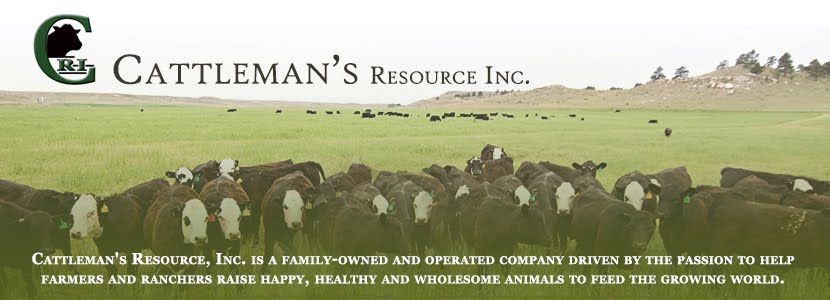Yesterday
was National Dog Day so I thought it was appropriate to discuss one of the best
ways to protect our furry little friends.
Vaccines!
Proper
vaccination is a great way to protect your dog from serious illness. Here are
some common questions regarding immunizations of your dog.
What are vaccines and why are they important?
Vaccines are products designed to help build your pet’s
immune system to help them fight off future infections. Often, vaccines help
reduce the severity of disease that can be life threatening.
Many of the diseases that we vaccinate against can also
cause illness in people. For example leptospirosis, which can cause significant
illness in your pet can also make humans very sick and rabies is 100% fatal in
both dogs and humans.
What vaccines should your dog receive?
There are a few vaccines that are considered necessary
for the general well being of your pet. These are commonly referred to as Core
Vaccines.
Core
vaccinations for dogs are rabies, canine distemper, canine parvovirus and
canine hepatitis.
Other
vaccinations that are recommended based on disease prevalence and geographic
location are non-core vaccines. In this area based on your dog’s lifestyle non-core
vaccinations that can be recommended are leptospirosis, kennel cough, and
rattlesnake.
What is a typical vaccination plan look like?
It is typical to start vaccinating puppies at 6-8 weeks
of age and then booster them in three to four week intervals until they are 16
weeks of age. After this he or she will be placed on an adult schedule for
revaccination.
What are the risks associated with vaccination?
As with any medical procedure there are some risks
involved with vaccinations. Vaccines are designed to stimulate the immune
system so some pets will get sleepy, sore, or might develop a small fever. Some pets, a very small percentage, can develop
allergic reactions. However it is important to remember that the benefits of
vaccines far outweigh the risks.
I hope everyone spoiled
those sidekicks a little more yesterday. If you have any questions regarding
vaccines please feel free to give us a call.



